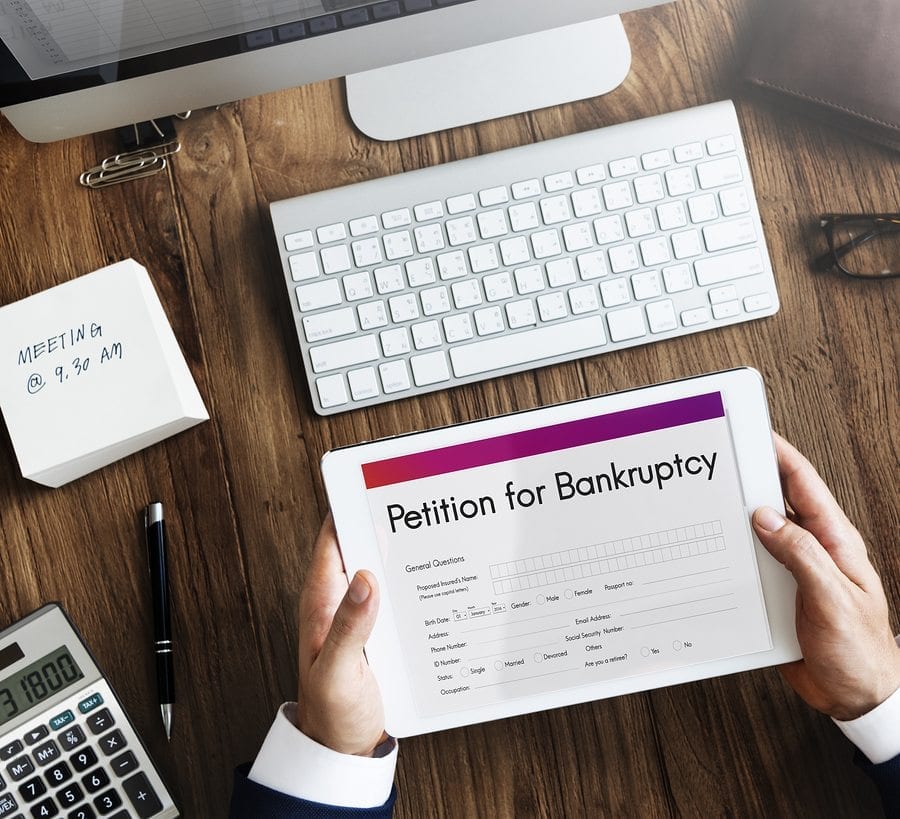Choosing to file for bankruptcy in Pennsylvania or New Jersey is a major decision that can have significant effects not only upon your day-to-day life, such as your daily spending habits and credit card use, but also upon the long-term, future management of your family’s finances. Therefore, it’s important for married couples to understand how their husband or wife may be affected by a bankruptcy filing. Our experienced Philadelphia Chapter 13 bankruptcy attorneys explain some of the ways your spouse could be impacted by a bankruptcy case.
Do My Spouse and I Have to File for Bankruptcy Together?
The short answer to this question is no: you and your spouse are not obligated to file for bankruptcy together. However, filing for bankruptcy together, which is called filing for bankruptcy jointly, is for some couples an advantageous strategy. For example, it may be appropriate for you to file jointly if you and your spouse are burdened with significant joint dischargeable debts, meaning debts that can be eliminated, which generally include but are not limited to:
- Medical debt
- Credit card debt
- Debt arising from personal loans
Remember, the protections and advantages of bankruptcy, including the automatic stay, are afforded only to the filer. If you and your husband or wife share jointly-held debts, but only one of you actually files for bankruptcy, the non-filing spouse can still be held liable not only for his or her own debts, but also for any debts which are jointly held.

Keep in mind, however, that a debt does not automatically become shared by husband and wife simply because they are married. For instance, a wife would not be responsible for her husband’s credit card debt if the cardholder started that account in his name prior to marriage. If you and/or your husband or wife are considering filing for bankruptcy, but aren’t sure whether you should file jointly or individually, it’s a good idea to make a thorough and precise list of all your debts and creditors. This will help you weigh and visualize how debts are concentrated between you and your spouse.
If most of your or your spouse’s debt is held individually, it is likely that filing individually is more appropriate for your case, though you should be sure to consult with a knowledgeable Chapter 13 or Chapter 7 bankruptcy lawyer before initiating the process. Remember, Chapter 7 and Chapter 13 bankruptcy cases unfold along timelines lasting for months or even years, and, in scenarios involving multiple bankruptcies, there are lengthy waiting periods for successive discharges. Depending on how you and your spouse’s debts are distributed, the nature of the debts, and other factors, filing individually may be sensible in that it will keep the non-filing spouse’s future options for filing open.
Will My Husband or Wife’s Credit Score Be Affected?
By helping you get your debts under control, filing for bankruptcy can also help to place you in a financial position from which you can begin building good credit. However, the filer’s credit score will, at least initially, see a negative impact due to the bankruptcy. Your credit score may drop by up to several hundred points, depending on how high the starting number was prior to the bankruptcy.
The good news is that, if only your spouse is filing for bankruptcy, your personal credit score should not be adversely affected. Indeed, it is entirely possible for one spouse to have a very poor credit score while the other’s is good or excellent.
Joint debts, however, can negatively affect the non-filing spouse’s credit score if he or she does not make regular payments when required. If the non-filing spouse fails to make timely payments on a cosigned debt after the other spouse has filed for bankruptcy, the late payments will cause the non-filing spouse’s credit score to decrease. Regardless of whether you anticipate filing jointly or individually, learning how to build healthy credit will be essential to your long-term success, especially during the initial months and years following a bankruptcy discharge.

Contact a Philadelphia Bankrutcy Lawyer to File for Chapter 7 or 13
The Pennsylvania bankruptcy attorneys at Sadek Bankruptcy Law Offices have helped thousands of Pennsylvanians, including both individuals and married couples, file for Chapter 13 bankruptcy and Chatper 7 bankruptcy jointly and individually. If you and your husband or wife are struggling to manage credit card debt or medical debt, are worried about losing your home to foreclosure or your vehicle to repossession, or simply need help navigating the often-confusing world of alternatives to bankruptcy, Sadek Bankruptcy Law Offices can provide friendly, efficient assistance that’s driven by years of experience. We proudly serve Bucks County, Delaware County, the city of Philadelphia, and locations throughout New Jersey.
To talk about whether joint bankruptcy might be right for you and your spouse in a free and completely confidential legal consultation, call Sadek Bankruptcy Law Offices right away at (215)-545-0008. With the power of a strategically utilized bankruptcy on your side, you don’t have to spend any more sleepless nights worrying about how you’ll manage your financial future.





